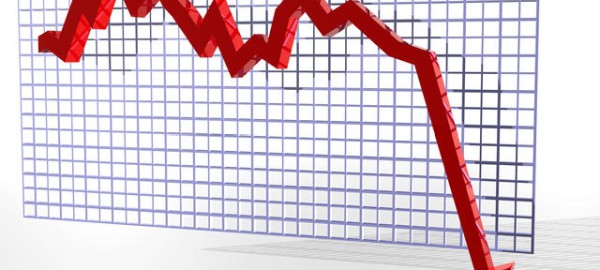Many people view the word myth as almost synonymous with ‘story’ or ‘fairy-tale’. This sells myth appallingly short, for it is much more that that, a trope that can give meaning and context to a whole culture.

Myths can define a culture, giving a people a shared world-view, a common set of assumptions from which to experience the world. We may sneer and say the myths were wrong, for instance the view that the Earth is at the centre of the universe, requiring byzantine wheels within wheels to explain the movement of the planets in the sky. And yet even such a world-view is good enough to farm successfully, it was good enough for Ptolemy to be able to predict planetary motion reasonably well.
Religion is often a defining myth, indeed Christianity has probably been the defining myth of the West for much of its written history.
We believe, of course, that we are more sophisticated. We don’t need a myth. But we have one
Our myth is continual growth
Like Ptolemy’s geocentricity, it needs to be true enough to explain many observations. From where I’m standing it explains most things. I grew up in a world of coal fires, frost on the inside of windows in winter and pipes that froze up in the cold and vacuum tubes in the radio.
We now have central heating, iPods and a bewildering choice of all sorts of things. That’s growth for you, and pretty much continual growth at that. I’m not complaining, but I don’t think I’ll see another 30 years of it at the same rate.
So the myth of continual growth is a good myth for our times. Our economic system appears to be predicated on it, and until now it has worked pretty well. However, most natural systems have limits, beyond which they won’t go. Draw too much water from a well, and you don’t have any any more.
Read more: Simple Living in Suffolk
